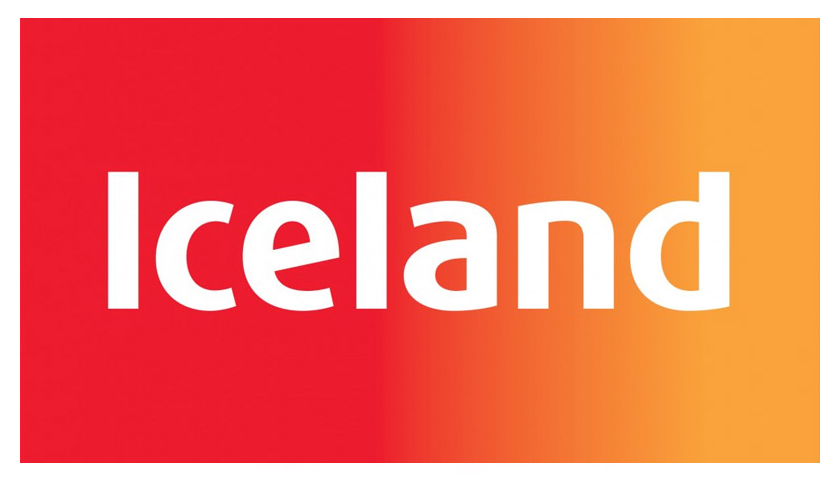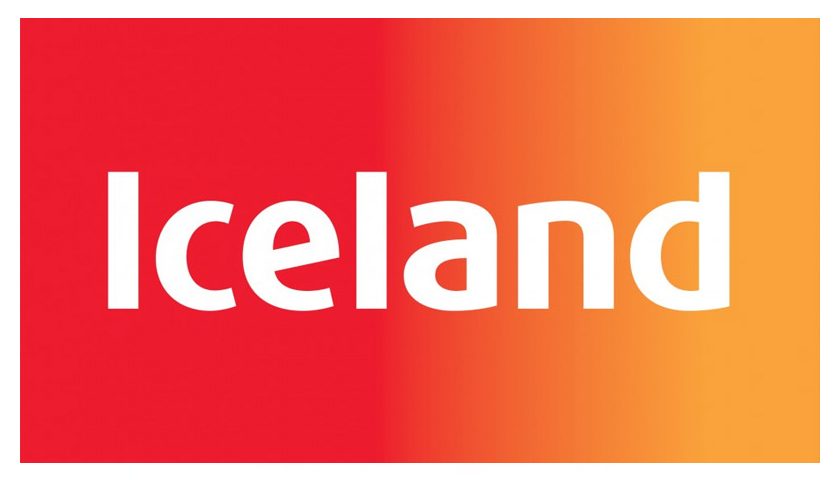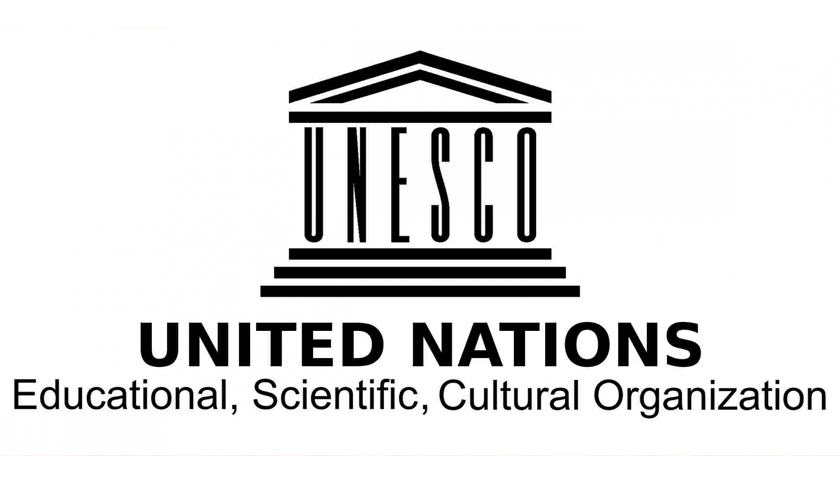Iceland has announced that it has reduced its food waste by nearly a quarter (23.2%) in the past two years, reducing the amount wasted by almost 2,500 tonnes.
The announcement comes twelve months after DEFRA’s Food Waste Champion Ben Elliot called on businesses to ‘step up to the plate’ and drive forward plans to cut food waste. Iceland has done this using the ‘target, measure, act’ approach set out in the Food Waste Reduction Roadmap launched in 2018 by WRAP and the IGD.i
Furthermore, and in line with the UN’s Sustainable Development Goal SDG 12.3, Iceland has committed to a 50% reduction of food waste1 across its operations by 2030.
As a next step, the retailer has today announced a national rollout of a successful 100-store trial which sees surplus food given to store colleagues at closing time each day. The successful trial will be rolled out over the coming months, offering colleagues in nearly 1,000 stores the option of taking food home or donating to a local charity or cause.
In 2019/20, Iceland sold over 1.3m tonnes of food to its customers and sent zero food to landfill, instead donating it to local communities, converting it into animal feed or as a last resort processing it into energy through anaerobic digestion. The retailer has donated 157.8 tonnes of surplus food to people in need through a network of community partnerships and initiatives.
Iceland has partnered with charity The Bread and Butter Thing and social enterprise Community Shop to donate the equivalent of nearly 375,000 meals in surplus food to some of the most deprived communities across the UK. It has also donated more than 60 freezers to foodbanks across the UK, enabling them to expand their support for those struggling to afford life’s essentials.
The retailer has also found innovative ways to use surplus food, such as sending unsold bread from its Welsh stores to Tiny Rebel Brewing Co. in Newport, to produce its exclusive, award- winning Bread Board Pale Ale.
Collectively, these initiatives have enabled Iceland to reduce its food waste by nearly 2,500 tonnes over the course of two years. Iceland also continues to champion the food waste reduction benefits of frozen food, inspiring millions of families to reduce the amount of food they throw away at home. Research shows that food waste can be reduced by almost half by switching to frozen food.
Richard Walker, Managing Director of Iceland, said: “Tackling food waste is high on our agenda as one of our many commitments to reduce our impact on the environment. We’ve worked with communities, colleagues and customers to make significant reductions and I am delighted that we have been able to make great strides in reducing our food waste footprint over the past two years.
“We’re continuing to innovate and find new ways to reduce the amount of food wasted across our operations, and our trial to give food to our colleagues is just one of the next steps we’ll be taking to build on our progress so far. I’m looking forward to seeing this in action across our stores and working with colleagues to take the next steps in our food waste reduction journey.”
Peter Maddox, Director at WRAP, said: “I am delighted by the progress Iceland has made to reduce its operational food waste so significantly over the last two years. These are impressive results, and we welcome the company’s commitment to halve its operational food waste in line with UN goals. Publicly reporting shows a long-term commitment to tackling food waste in an efficient and transparent way, and we encourage all food businesses to adopt this approach. As both a Courtauld 2025 signatory and an active participant in the UK Food Waste Reduction Roadmap, Iceland is also helping its customers cut waste in the home, and is an advocate of managing food surplus.”
Iceland has been able to reduce its food waste while still working towards its industry-leading pledge to remove plastic from all its own label packaging by the end of 2023. It is working with its partners to develop new, plastic-free approaches to packaging that make no compromises on food quality or safety, and do not reduce the shelf life of its products.


